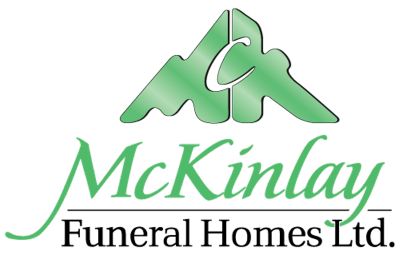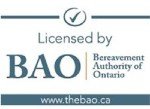Body Donation (Bequeathal)
Body donation is an alternative disposition to traditional cremation or burial. By donating your body to science, you give medical students a unique opportunity to study the anatomy.
In Chatham-Kent, most of our donations go to the Department of Anatomy and Cell Biology, Schulich Medicine & Dentistry, at the University of Western Ontario. However, we have gone as far as Kington at a family’s request.
Once donated to the University, one’s body is thoroughly embalmed so they can be available to the university for upwards of two years. Following their time with the university, they are cremated. At this point, the family are welcome to have the cremated remains back, or they can be interred with other donors at a plot in Woodland Cemetery, London.
Suitability for Donation
While each body bequeathed to the Department will normally be accepted, the Department of Anatomy and Cell Biology reserves the right not to accept a body. To avoid problems in embalming, it is necessary that we receive the remains within 48 hours of the time of death. There will be times when the requirements of Western and other universities have been met, and it is not possible to accept a body.
In addition, the following are not acceptable:
§ Donors that have been embalmed
§ Donors that have had recent major surgery
§ Donors that have infectious diseases, e.g., tuberculosis, hepatitis, AIDS, etc.
§ Donors considered morbidly obese; donors considered emaciated, e.g., donors are typically between 100-200lbs dependent on BMI
§ Donors that have experienced trauma, e.g., an automobile accident
§ Space limitations in the Body Bequeathal program
The following may be considered unacceptable at the time of death:
§ Donors which have amputations
§ Donors which have major internal disfiguration due to disease
§ Donors that have had organs surgically removed (eye enucleation excepted)

Grief Support
The death of someone we care about can be one of the most difficult experiences in life. These articles are meant to describe different types of grief; their intent is to help you understand your own, or to help you empathize with another person's grief.
LEARN MORE >
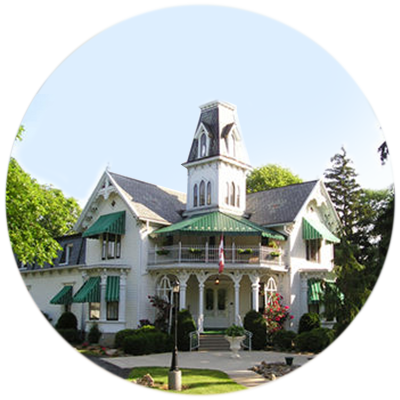
Our Locations
McKinlay Funeral Homes is pleased to offer services from locations in Ridgetown, Blenheim, and Chatham. We have a wide range of services available in these communities. Please click on the link below for more information about these facilities.
LEARN MORE >
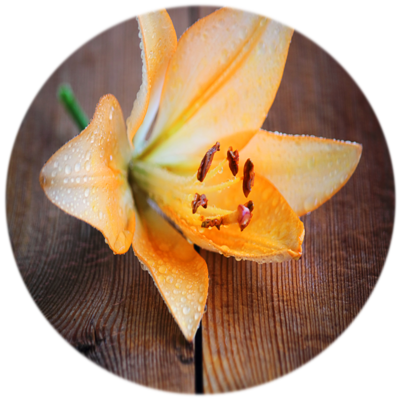
Send Flowers
Our local florists are committed to offering only the finest floral arrangements, and are backed by their professionalism and prompt service. Allow us to take care of your expression of sympathy by connecting with our local florists through our website.
LEARN MORE >
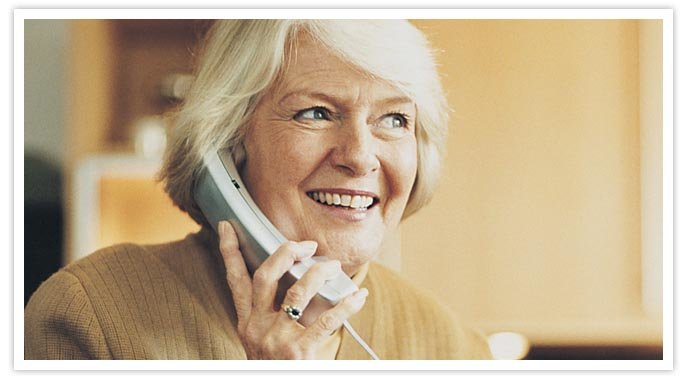
Let Us Help You
Please feel free to browse our pages to learn more about pre-planning a funeral and grief support, as well as the traditional funeral and cremation services that we have to offer. If you have any questions or concerns please feel free to contact us at anytime, we are available by phone or e-mail, or drop by the office in person. We are always here to help.
